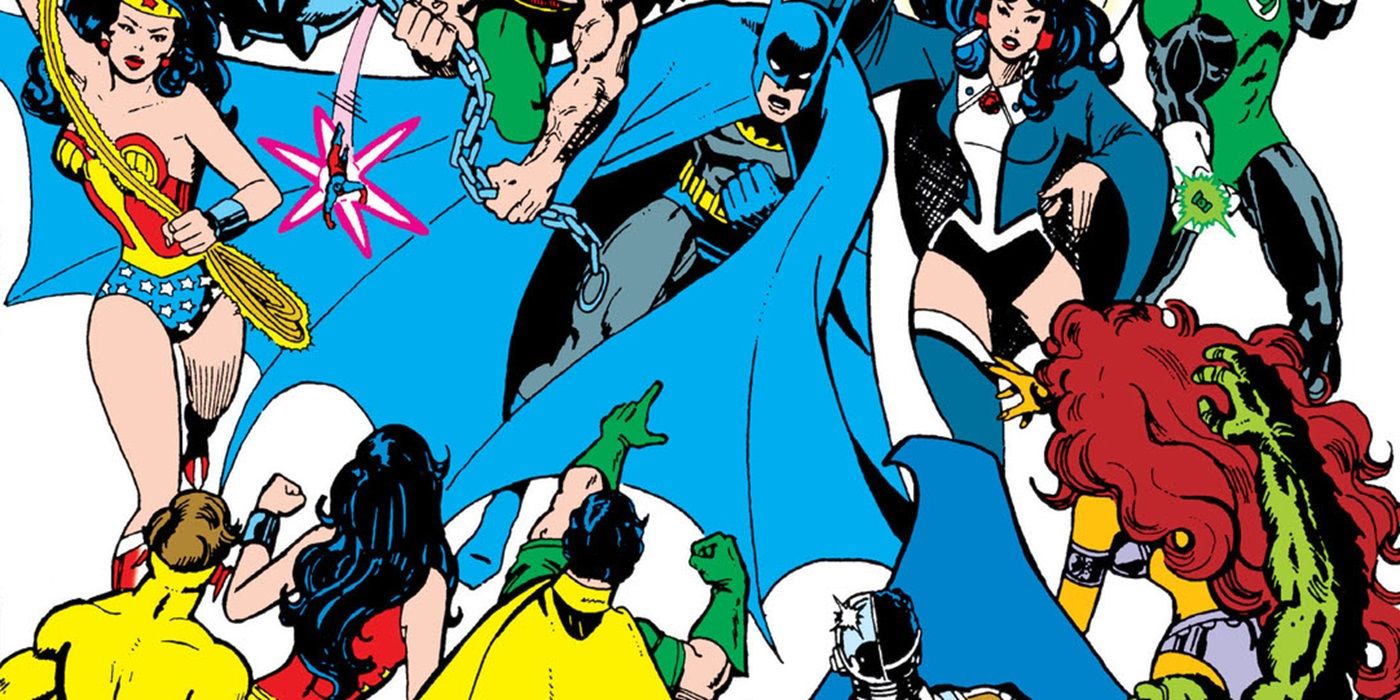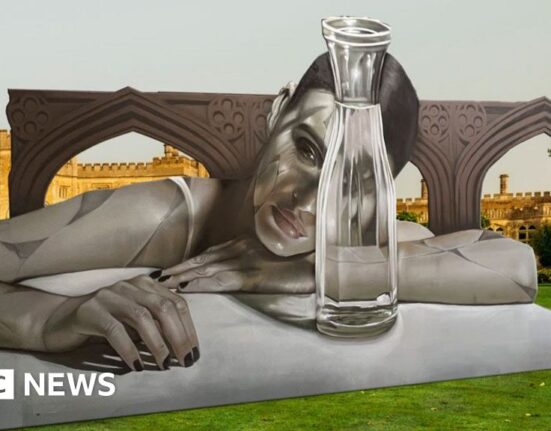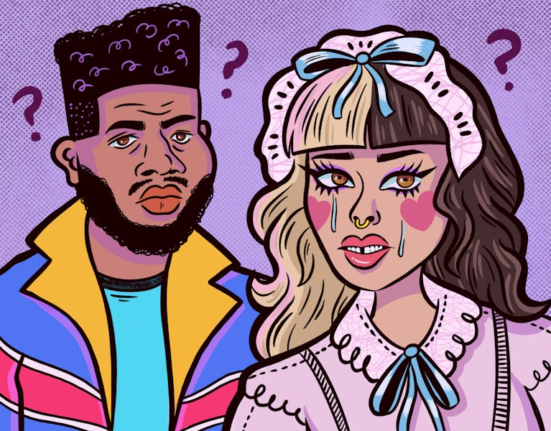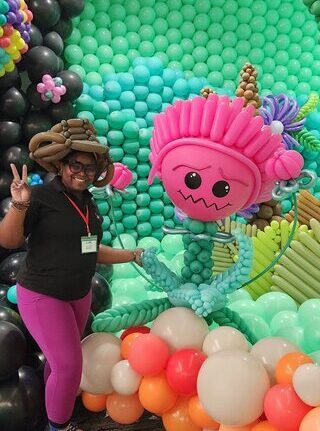Summary
- Comic book artists often have to make tough choices when it comes to managing their workload.
- George Pérez chose to drop Justice League of America to focus on New Teen Titans, which had become his ideal gig.
- Mark Bagley had to drop New Warriors in favor of Amazing Spider-Man, a top comic book series at Marvel.
In the latest Drawing Crazy Patterns, where we spotlight five recurring themes in comics, we examine five times that Reed Richards cured a problem that Spider-Man was having in the pages of Spider-Man’s various comic book titles.
One of the biggest changes in comic book art production over the year is that the level of detail expected in modern comic books is so much higher than it was even 30 years ago, certainly more than it was 50 years ago. As a result, it is very difficult for most comic book artists to maintain what you would consider a “monthly” schedule for too long. Comic book companies deal with this through regularly scheduled “secondary” artists (they’re not really “fill-in” artists with their presence is built into the scheduling of the book). In the old days, however, some comic book artists were able to draw multiple comic books a month. This was a lot more common back in the days when comic book lead features were under 20 pages long, or when comic books were on bi-monthly release schedules.
However, doing two comic books a month is often too difficult of a schedule to keep up, and so comic book artists were frequently challenged with the question of – “Which of my two comic book series should I drop?” Here are five comic book artists who were drawing two regular comic book titles at the same time, and had to drop one of them. We’ll reveal which one they chose to keep,and which one they dropped.
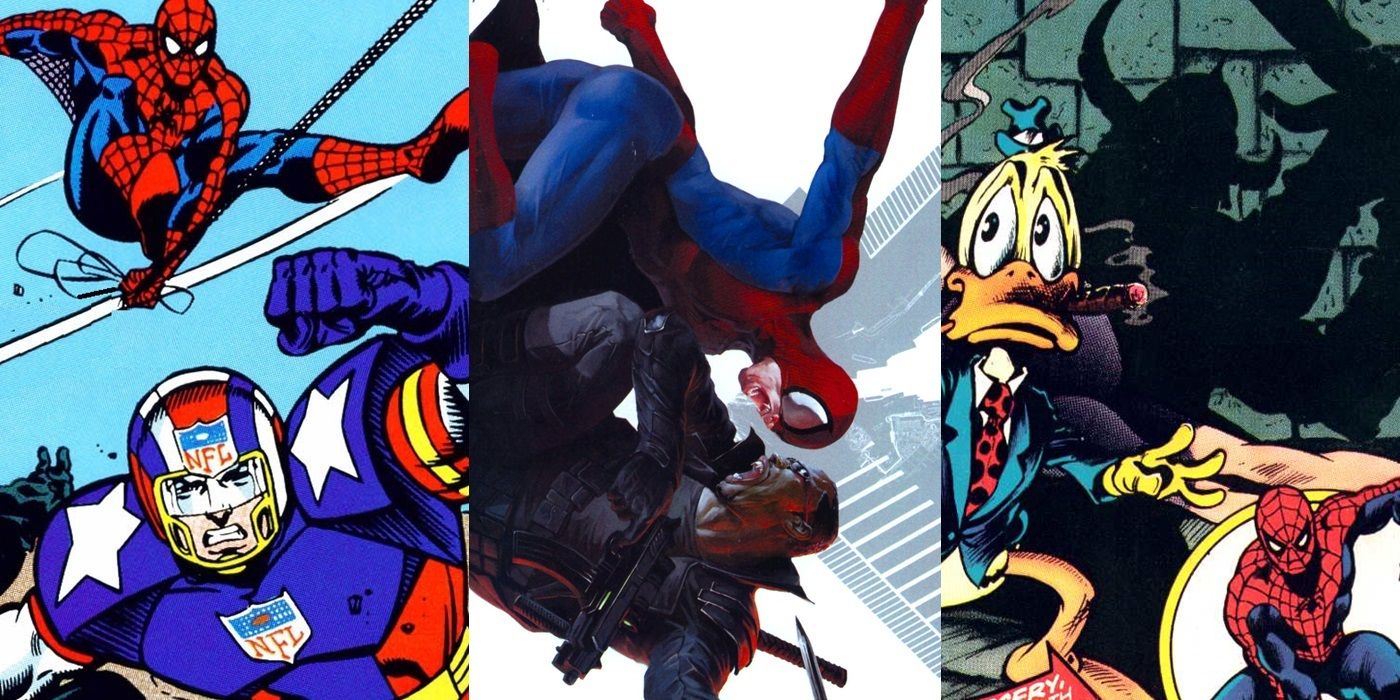
Five Times Spider-Man Guest-Starred in the First Issue of a New Marvel Series
A recurring strategy Marvel uses to help sell new series is to have Spider-Man guest star in the first issue. Here are five example of this approach.
George Pérez came to DC for Justice League of America, but stayed for New Teen Titans
Heading into the 1980s, George Pérez was at an interesting point in his career. He noted in a 1982 The Comics Journal interview about how, at that point in his career, he felt that “I was just treading water. I was a comic book artist who was there, but I could have been anyone else.” A good deal of that came from the fact that he was drawing a LOT. Due to drawing so much, he felt like he wasn’t putting enough detail into his work so as to properly stand out. Of course, to readers in 2024, that sounds absurd, as Pérez was a master of detail, but that came from him cutting down on his projects so that he could PUT so much detail into his remaining works.
As Pérez pointed out a number of times over the years, he was lured to DC by the option of possibly getting to draw Justice League of America, a book that had had only two regular artists on it at the time, Mike Sekowsky and Dick Dillin. Well, tragically, Dillin passed away soon after Pérez came to DC, and so Pérez was able to take over as the artist on Justice League of America. However, while waiting for a chance to draw the Justice League, Pérez had done a new version of the Teen Titans with Marv Wolfman, and that series had exploded in popularity.
Pérez noted to Dan Greenfield:
I enjoyed drawing Justice League, though I didn’t think I did as good as I could have done. I think a lot of times my inkers were not the best match for me. Frank McLaughlin, as good an inker as he was on Dick Dillin, I don’t think he worked well on me even though Frank and I go back, he inked Man-Wolf on me back at Marvel. Anyway, I was enjoying it and had a great time drawing all the characters in there. (But with) the Justice League I was going to be one of several artists who have worked on the book. Actually, only the third, but still. But the Titans
,
we were starting from scratch and it was taking off. I mean I was starting to develop a personal connection with the characters
So despite having his seemingly ideal gig on Justice League of America, Pérez realized that the New Teen Titans had BECOME his ideal gig, instead, so he dropped Justice League of America to concentrate further on New Teen Titans.
John Romita Jr. couldn’t draw a team book plus Spider-Man, so the X-Men won out
John Romita Jr. is one of the most impressive artists in Marvel history in terms of being able to do multiple titles even in the modern artistic environment. In the early days of his work at Marvel, Romita mostly worked doing “just” layouts, which allowed him to draw multiple titles. He started on Iron Man with Bob Layton and David Michelinie, with Layton doing finishes on Romita’s layouts. After starting on Iron Man, Romita Jr. then became the regular artist on Amazing Spider-Man, one of Marvel’s flagship titles. Initially, Romita Jr. worked with writer Denny O’Neil on Amazing Spider-Man, but then Roger Stern took over writing duties, and the Stern/Romita Jr. run is particularly well remembered. Again, Romita Jr. did layouts on Amazing Spider-Man, with finishes by a few different artists.
However, in 1983, Romita Jr. was given the chance to take over Marvel’s most popular series of the era, Uncanny X-Men, and this was after Marvel began to pay out royalties on its highest-selling titles, so there was no way that most any artist at Marvel would turn down the chance to draw Uncanny X-Men at that point in time. Again, Romita Jr. did layouts, with Dan Green doing finishes on Uncanny X-Men. However, it was still a lot of work for Romita Jr. doing a team book on TOP of Amazing Spider-Man, so he eventually came to Stern and told him that he was thinking of dropping Amazing Spider-Man. Stern had been thinking of leaving the series himself, so the two left together with Amazing Spider-Man #251, leading to Tom DeFalco and Ron Frenz taking over the series for an acclaimed run of their own.
Mark Bagley appreciated the New Warriors, but Amazing Spider-Man was just too big to drop
The winner of Marvel’s first-ever Tryout contest, Mark Bagley’s career at Marvel started slowly, with fill-in work and also some licensed comic books before getting some fairly regular work at Marvel’s New Universe series of books. In 1990, though, he got his biggest break yet when he and Fabian Nicieza launched the New Warriors into their own comic book series.
The success of New Warriors put Bagley into rarefied air at Marvel, especially as Marvel’s hottest artists were all leaving to form Image Comics, so suddenly, Amazing Spider-Man, one of the top comic books at Marvel, was losing its artist, Erik Larsen (initially to take over Spider-Man from Todd MacFarlane, and then just to Image period), and so Bagley got the plum assignment. Amusingly enough, Bagley’s first issue as regular artist guest-starred Nova from New Warriors. Bagley kept up both books for the next year, even drawing TWO ISSUES of Amazing Spider-Man per month for a bi-weekly event soon after joining the series (Bagley “only” did layouts for the arc, but, well, come on, that’s nuts). However, eventually, he had to concentrate on one of the books, and as much as he obviously appreciated New Warriors for what it did for his career, how could he turn down Amazing Spider-Man? So Bagley left New Warriors after issue #25.
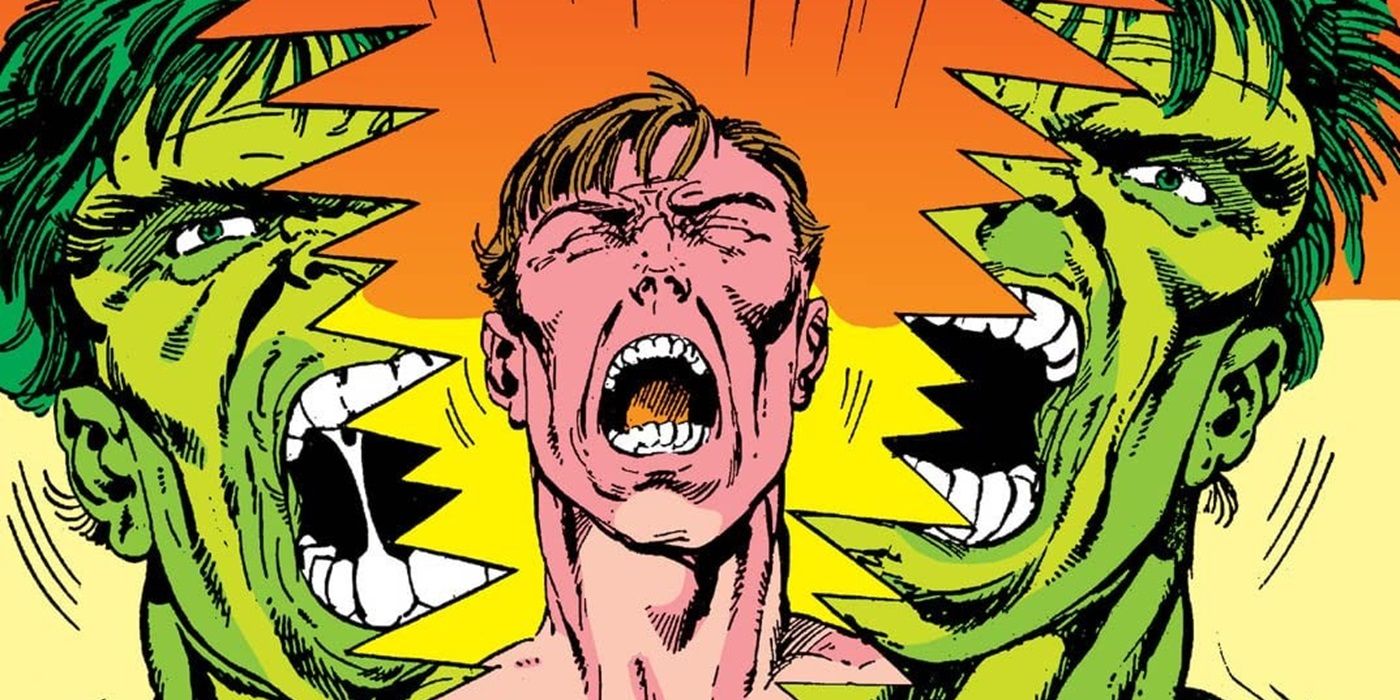
Five Times That Bruce Banner and Hulk Split From Each Other
Bruce Banner has always wanted to be freed of the Hulk, but here are five times they actually were split from each other in the comics!
Paul Ryan stuck with the present by picking Fantastic Four over Ravage 2099
Paul Ryan was one of those rare artists who pretty regularly drew two comic book series during the 1990s. He drew both Avengers and Avengers West Coast in the late 1980s, giving up Avengers West Coast to move to Iron Man with John Byrne (who had been writing Avengers when Ryan started that book). He then gave up Avengers to take over Fantastic Four with Tom DeFalco (amusingly, Ryan almost took over Fantastic Four with Byrne a little bit earlier than that). While doing Iron Man and Fantastic Four, Ryan was then given the opportunity to launch a brand-new series for Marvel’s then-new 2099 line of comics, and not just a new series, but a series where Ryan would be working with none other than Stan Lee!
The new series, Ravage 2099, turned out to be a bit of a disappointment, and when Lee gave up the book, Ryan decided to drop out, as well, concentrating more on Fantastic Four, which he had begun to plot alongside Tom DeFalco, as well.
Kevin West choosing Guardians of the Galaxy over the Justice League showed how far the League had fallen
Kevin West was another 1990s artist who could draw two books a month. He took over as the regular artist on Guardians of the Galaxy with writer Michael Gallagher following the departure of the book’s writer/artist, Jim Valentino, to Image Comics, in late 1992. Almost a year later, West took over the art duties on Justice League America following Dan Jurgens’ departure on that series as the writer/artist (actually, Jurgens’ departure is another example of an artist choosing to drop one of the two monthly books he was drawing, with Jurgens continuing on Superman, but Jurgens was writing AND drawing two books a month, which is amazing). West was paired with writer Dan Vado. It was a very weird period in the history of the Justice League, stuck between the Justice League International days of Giffen and DeMatteis and the Grant Morrison/Howard Porter JLA days. It was kind of bleak.
So when West had the chance to launch a spinoff miniseries from Guardians of the Galaxy, Galactic Guardians, in 1994, he dropped Justice League America to do so. West did both Guardians books for four months. Sadly, when that Guardians of the Galaxy volume came to a close a year later, West obviously had to arrange for other work for when it was over, and because of that, he wasn’t able to finish out that volume, since the other titles wanted him to start right away.
Remember, everyone, that these lists are inherently not exhaustive. They are a list of five examples (occasionally I’ll be nice and toss in a sixth). So no instance is “missing” if it is not listed. It’s just not one of the five examples that I chose. Thanks to reader Larry for the suggestion! If anyone has suggestions for a future Drawing Crazy Patterns, drop me a line at brianc@cbr.com!

